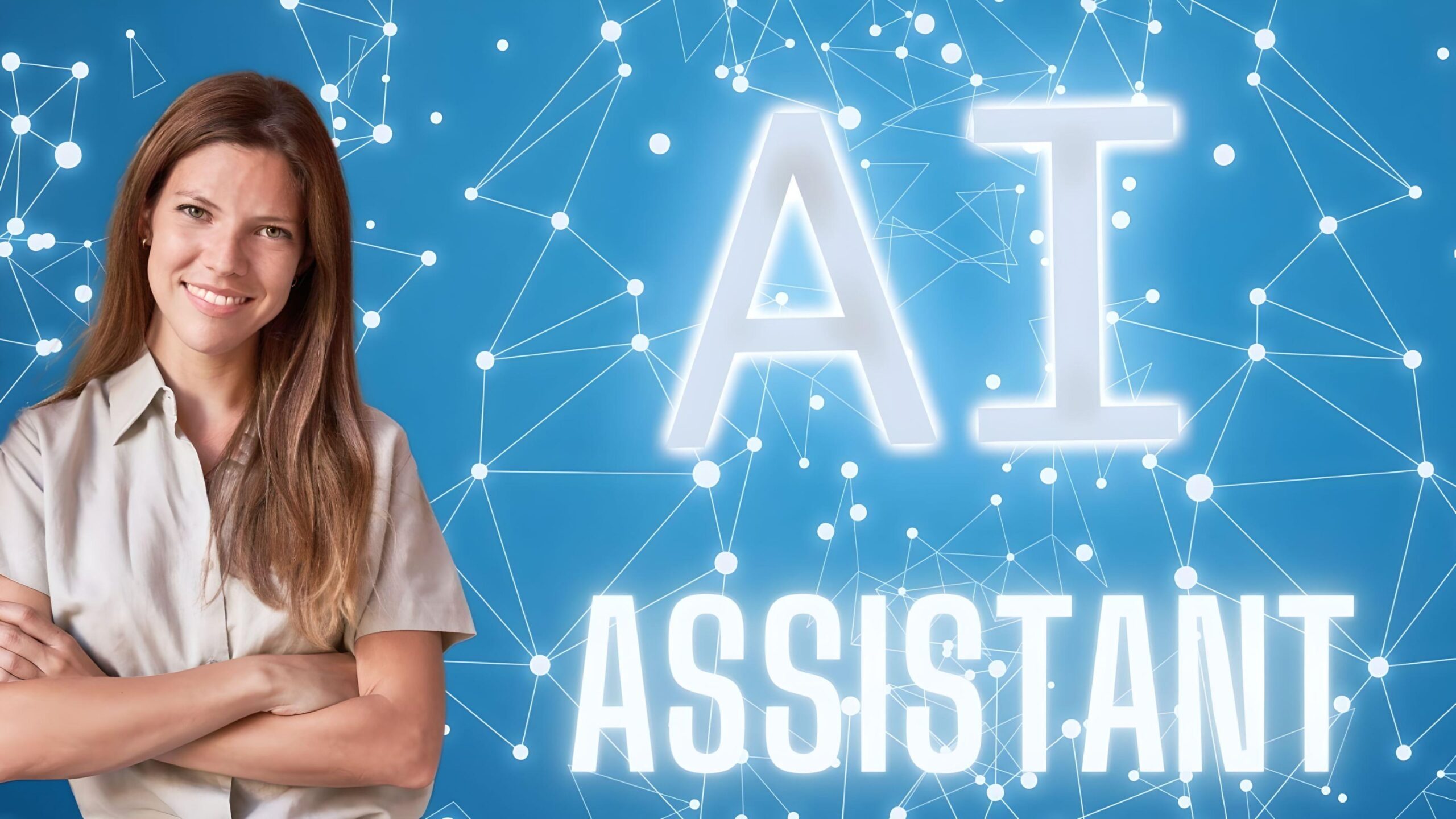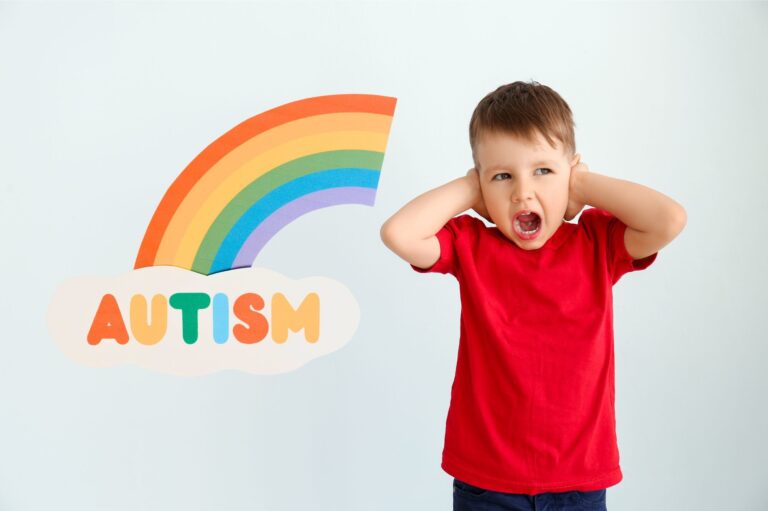AI in Early Childhood Education
In our rapidly evolving digital age, technology is making its way into every aspect of our lives, and the field of education is no exception. Artificial Intelligence (AI) is revolutionizing the way we approach teaching and learning, and early childhood education can benefit from its remarkable potential. By harnessing the power of AI, early childhood educators can be greatly supported and those enhance the educational experience for young children, fostering their development and preparing them for the challenges and opportunities of the future.
How Can Early Childhood Educators Be Empowered Through AI Technology
In the ever-evolving landscape of education, technology continues to shape and redefine teaching practices. Among the various advancements, Artificial Intelligence stands out as a powerful tool that has the potential to empower early childhood educators in profound ways. By harnessing the capabilities of AI, educators can enhance their teaching practices, personalize learning experiences, and foster holistic development in young children. Let’s explore how AI empowers early childhood educators, revolutionizing the field of education.
Time-Saving Efficiency
AI empowers early childhood educators by automating routine administrative tasks, saving them valuable time and energy.
AI-powered systems help educators in curriculum development, lesson planning, and individualized instruction. This newfound efficiency enables educators to dedicate more time to nurturing students, engaging in professional development, and building meaningful relationships with children and their families.
EduGuide is the platform specifically designed for early childhood educators to effectively organize and personalize their instructional plans to cater to the diverse needs of their students. With the assistance of a feedback bot, teachers can receive timely and actionable feedback, enabling them to continuously improve their teaching practices.
Personalized Teaching
AI technology enables early childhood educators to provide personalized teaching and learning experiences tailored to the unique needs and abilities of children.
Through data analysis and machine learning algorithms, AI systems can assess student performance, identify individual strengths and weaknesses, and offer targeted interventions. This personalized approach allows educators to deliver tailored instruction, adjust teaching strategies, and maximize learning outcomes. By leveraging AI, educators become catalysts for unlocking children’s full potential.
Professional Development
With AI technology educators can expand their pedagogical knowledge and stay up-to-date with the latest advancements in early childhood education.
AI provides early childhood educators with opportunities for ongoing professional development and collaboration. AI-powered platforms offer access to a vast array of educational resources, research findings, and innovative teaching practices that can enhance their pedagogical skills and subject knowledge.

Innovative Teaching Tools and Resources
AI-powered educational tools open up exciting possibilities for innovative teaching and learning experiences.
Smart toys equipped with AI capabilities adapt to children’s actions and responses, fostering active participation and critical thinking skills. These tools can enrich classroom environments, making learning more interactive and exciting for both educators and children.
Data-Driven Decision Making
AI technology equips early childhood educators with data-driven insights that inform their decision-making processes.
By analyzing vast amounts of data, AI systems can detect patterns and trends, identify potential developmental delays, and alert educators to areas of concern. With this knowledge, educators can provide timely and targeted interventions to support children’s growth and development. Data-driven decision making empowers educators to continuously improve their practice and optimize learning outcomes for every child.
Improved Communication with Parents
AI technology facilitates efficient communication and collaboration between teachers and parents.
AI-powered platforms can streamline parent-teacher communication by providing automated progress reports, personalized recommendations, and insights into a child’s learning journey. This improved communication helps to create a strong partnership between teachers and parents, allowing them to work together to support the child’s educational development.
Early Intervention and Special Needs Support
AI technology has immense potential in identifying early signs of developmental delays or learning difficulties in young children, allowing for timely intervention and support.
AI systems can analyze vast amounts of data to identify patterns that indicate potential concerns, enabling educators to address these challenges proactively. Additionally, AI can provide personalized interventions and adaptive learning plans to cater to the unique needs of children with special educational requirements, fostering inclusivity and maximizing their learning potential.
Multilingual Accessibility
Early childhood educators can harness the power of AI technology in their native language.
AI can provide valuable assistance to early childhood educators with lesson planning and creating reports in their native language. By leveraging AI in their native language, early childhood educators can provide high quality early childhood education regardless of their linguistic and cultural background.
Important Note
As we embrace the potential of AI in early childhood education, it is essential to recognize that technology is a powerful tool, but it cannot replace the human connection and expertise that educators bring to the learning process.
Teachers cannot be replicated by AI systems. The human touch in education is vital for fostering meaningful connections, providing emotional support, and adapting teaching strategies to meet the diverse needs of children. But the combination of AI technology and human expertise creates a powerful synergy that enhances the overall educational experience for children, promoting their holistic development and preparing them for a future full of opportunities. AI technology is not meant to replace teachers but rather to empower them.
The integration of AI in early childhood education represents a transformative shift in the way we educate and nurture young children. By leveraging the power of AI, we can create personalized learning experiences, enhance teacher support, and provide intelligent educational tools that engage and inspire young minds. As we embrace this exciting frontier, it is crucial to strike a balance between technological advancements and the essential human touch, ensuring that children receive the holistic education they deserve. By harnessing AI’s potential, we can shape a future where every child has the opportunity to thrive and reach their full potential.
AI technology in early childhood education empowers teachers by automating routine administrative tasks, providing valuable insights and support, and facilitating communication and collaboration.

Elevate your teaching skills and stay ahead of the curve! Receive our monthly Insights, packed with professional development opportunities, classroom inspiration, and the latest trends in education. Don’t miss out on the chance to take your teaching to the next level. Subscribe now!







